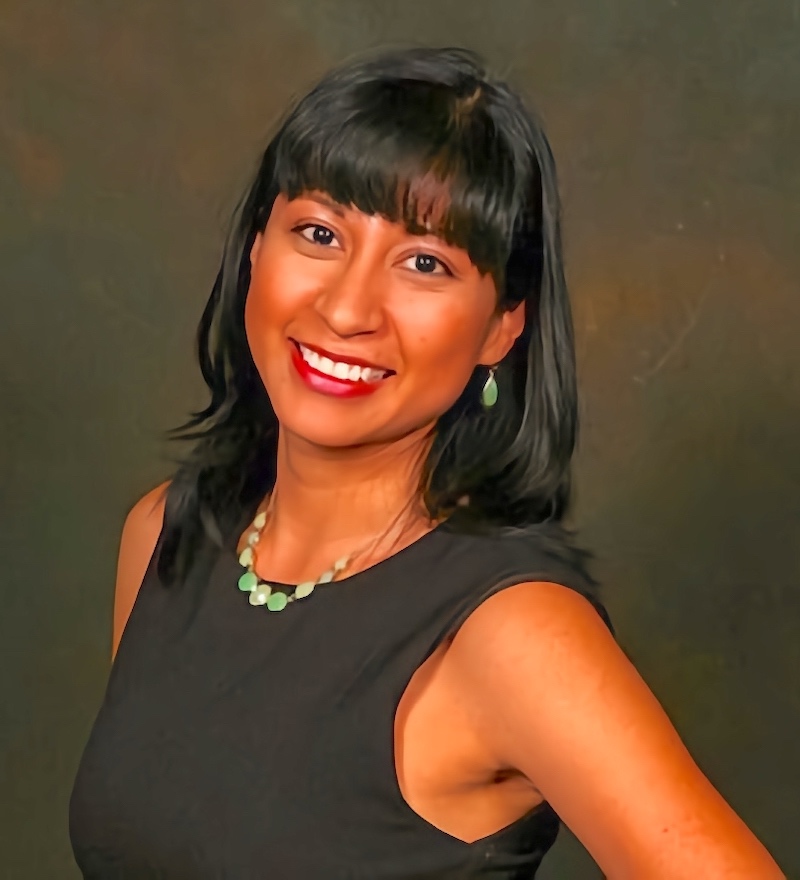Elizabeth Franco OTD ’16
Hometown: Oxnard, CA
Program: Post-Professional OTD, Class of 2016
Track: Clinical Research
Why did you choose to pursue the OTD?
I embarked on the USC Doctorate of Occupational Therapy Program because I believe that the intersection between translational research and occupational therapy can improve the lives of individuals by providing the necessary knowledge to optimize occupational therapy interventions. In the master’s program, my curiosity for research led me to work with two prominent researchers within the division, Dr. Barbara Thompson and Dr. Erna Blanche. As a volunteer research assistant for two years, I explored my interest in sensory integration intervention (SI) for populations with neurodevelopmental disorders and this prompted me to continue my journey in clinical research through the OTD. My long-term goal is to become an occupational therapist who can apply and advance clinical research in the assessment and treatment of neurodevelopmental disorders.
Where are you located for your residency and what do you do there?
I am currently an OTD resident in Dr. Barbara Thompson’s Social and Emotional Neurodevelopmental lab at the USC Chan Division of Occupational Science and Occupational Therapy. My main focus has been on a research project investigating the effects of sensory integration intervention (SI) in children with autism spectrum disorders. Under the mentorship of both Dr. Thompson and Dr. Blanche, I have creatively merged neuroscience techniques with clinical research, to document changes in behaviors during SI. Additionally, I am performing detailed data analysis. Under my leadership goals, I am training research assistants for using these behavioral coding techniques and establishing rapport with OT clinics delivering SI. I have had the opportunity to present our research at both OTAC and AOTA.
What did you gain from the OTD thus far?
As a doctoral resident, I see myself as embodying both researcher and clinician to inform occupational science and occupational therapy. The OTD has provided opportunities for mentorship, networking, and presenting that have helped me hone my leadership skills. Through my involvement in translational research, I am at the epicenter of furthering both my understanding of SI, but also the scientific and clinical comprehension of SI. As a result of these opportunities, I will continue to provide my expertise and extensive research knowledge to advance the occupational therapy profession.
⋯






